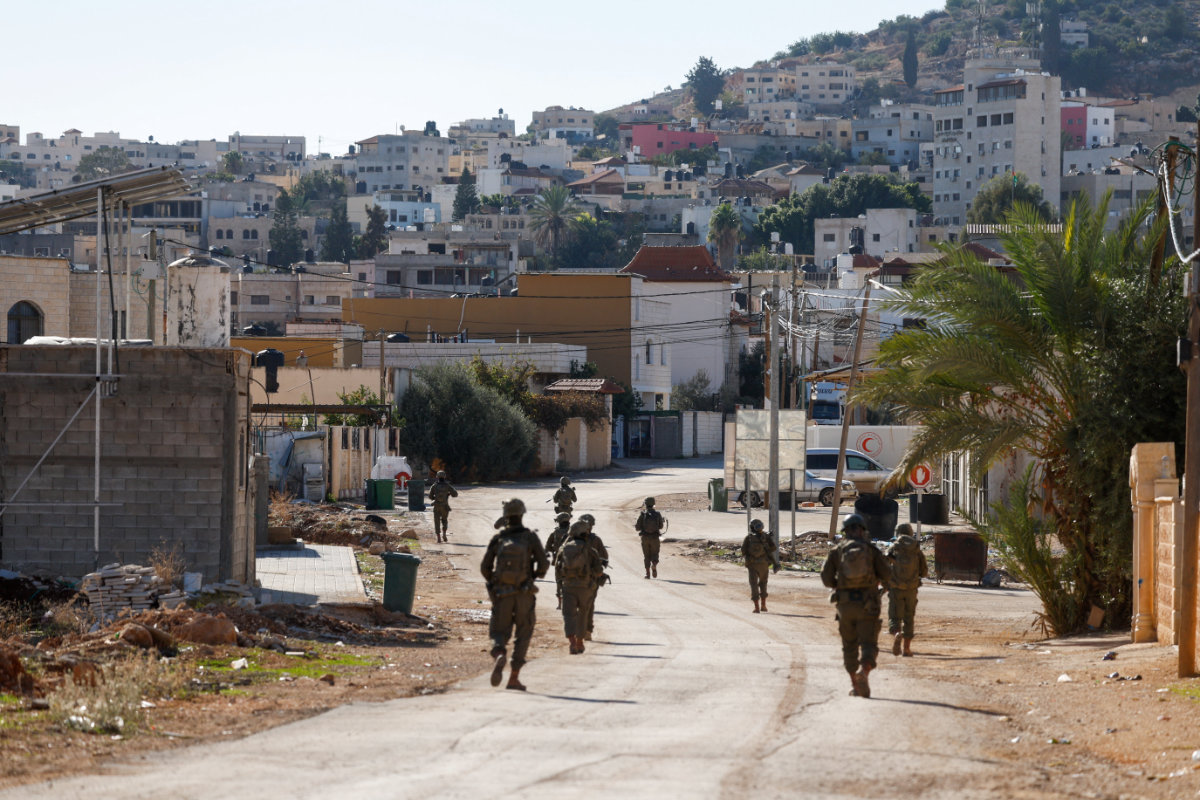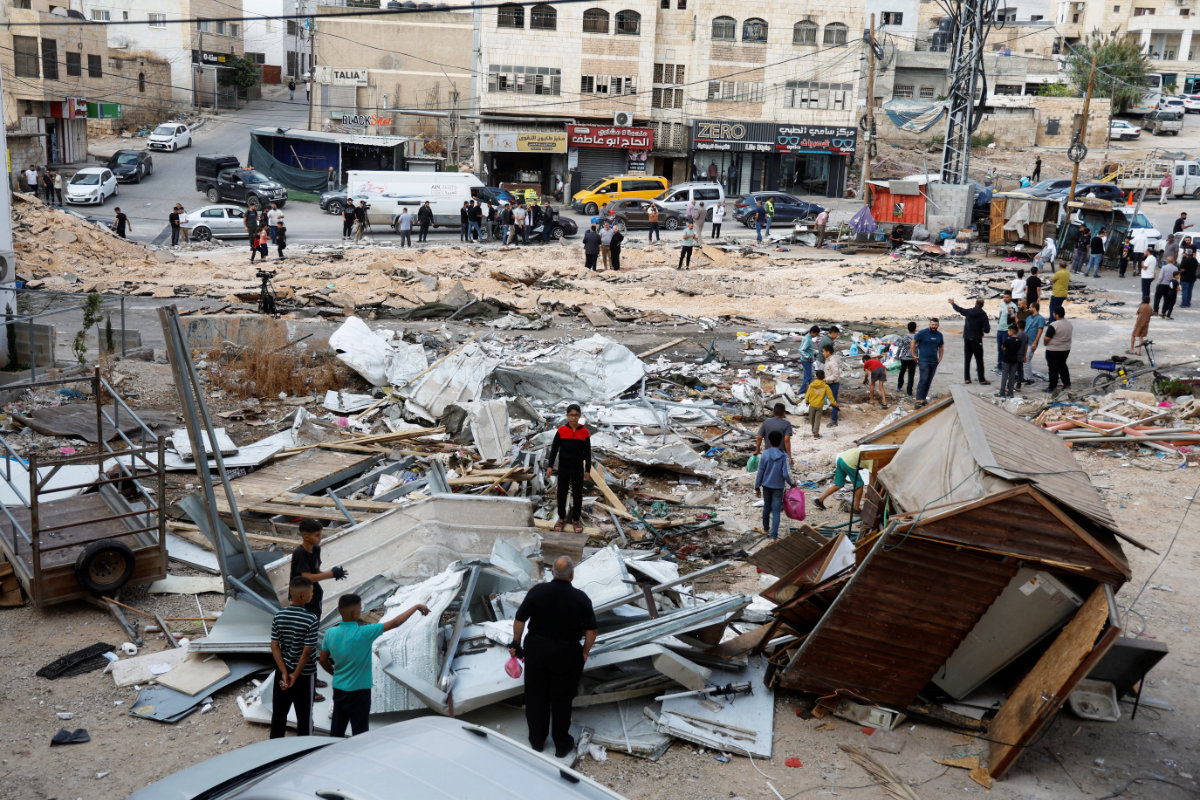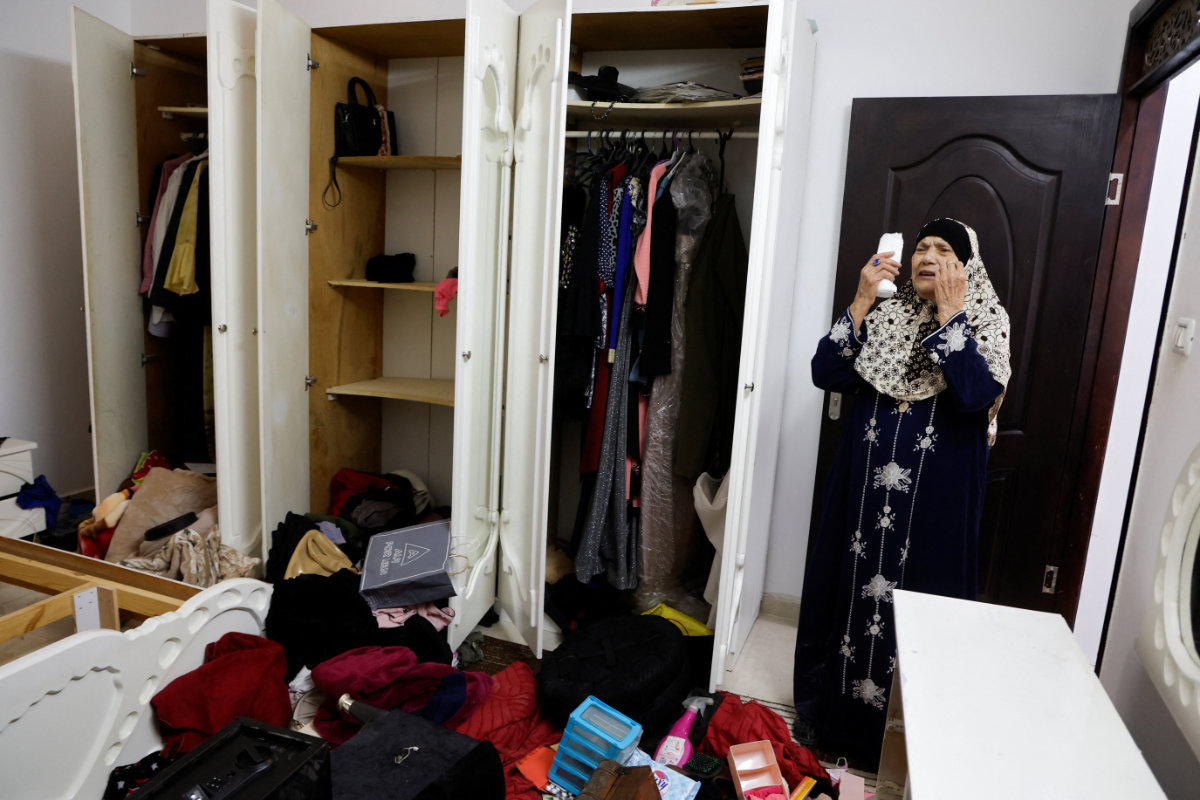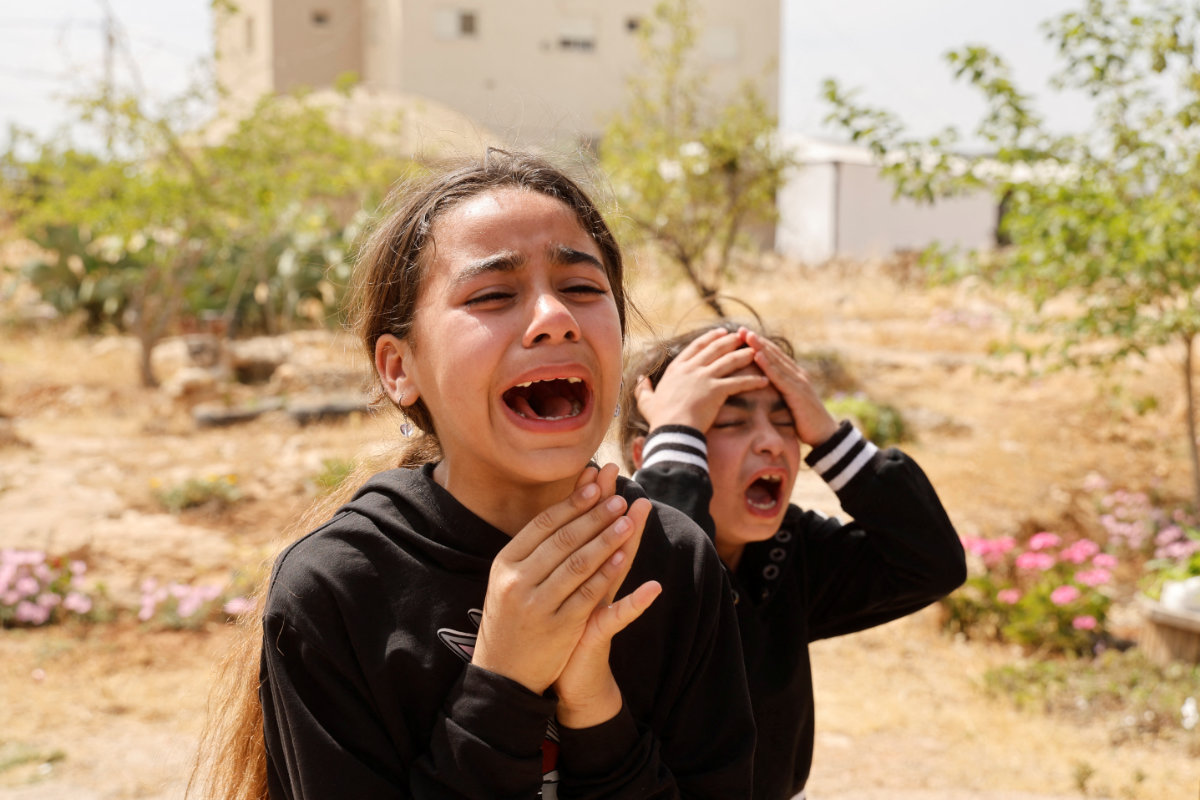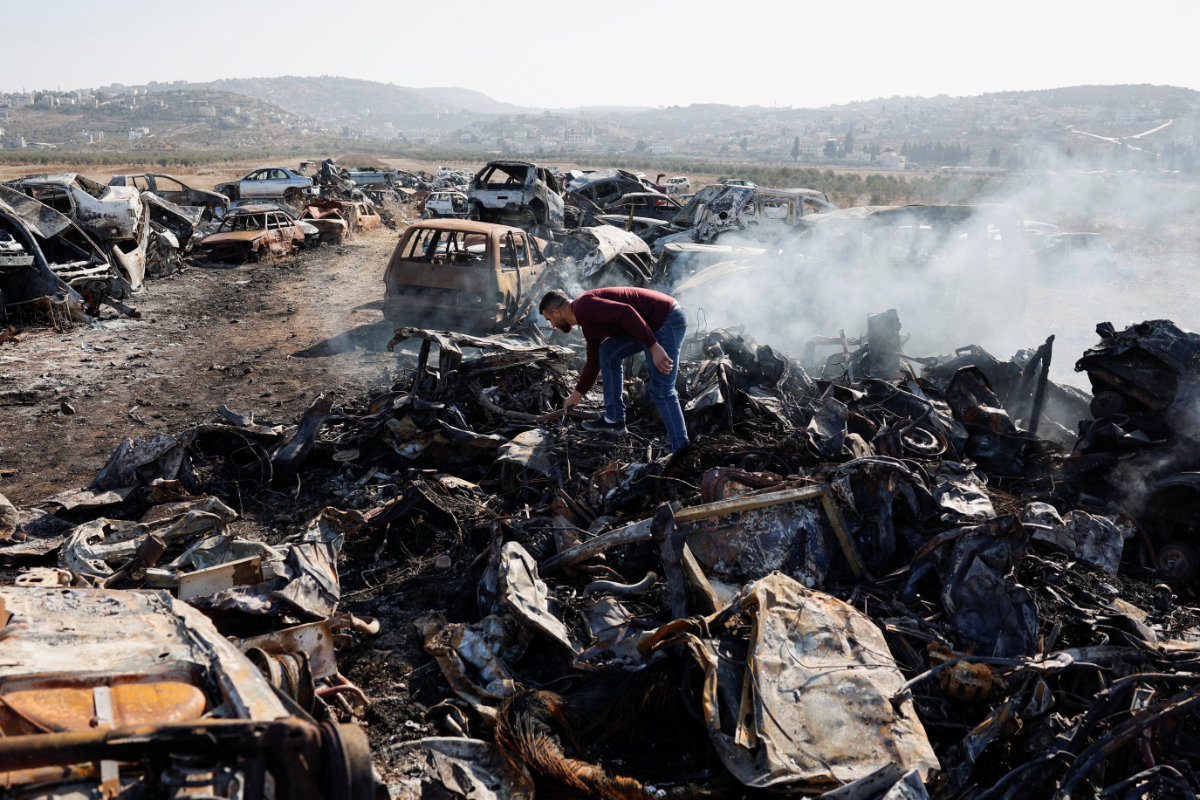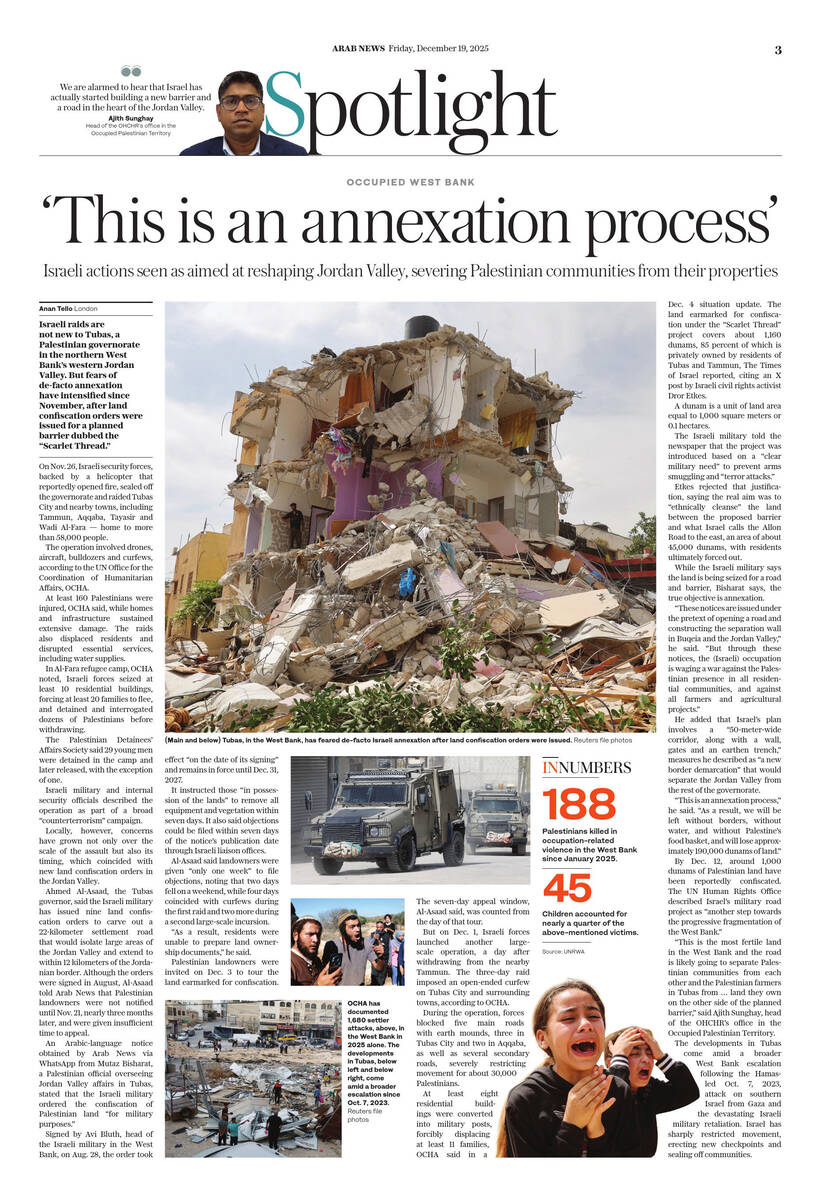WASHINGTON: US President Donald Trump declared success in Syria and created a bumper-sticker moment to illustrate his campaign promise to put a stop to American involvement in “endless wars.”
But with his abrupt withdrawal from what he called “bloodstained sand,” the Republican president ceded American influence over a huge swath of the region to rivals and may have spun the Middle East into a new season of uncertainty.
In remarks at the White House, Trump made the case that American administrations before him wasted too much money and blood on sectarian and tribal fighting in which the US had no place meddling.
“We have spent $8 trillion on wars in the Middle East, never really wanting to win those wars,” Trump said on Wednesday. “But after all that money was spent, and all those lives lost, the young men and women, gravely wounded so many, the Middle East is less safe, less stable and less secure than before these conflicts began.”
But analysts and lawmakers said Trump declared victory for a crisis along the border of Turkey and Syria that was arguably of his own making, while underplaying the reality that he has strengthened the hand of Russia.
Critics also say the move will roll back advances made by US-led forces in the fight against Daesh. The president also still has work to do to repair the political damage he’s done within his own base among those who say he abandoned the Kurds, longtime US allies who fought side-by-side with American forces to beat back the IS group in northeast Syria.
SPEEDREAD
By implicitly applauding Russia for partnering with Turkey to patrol the Syrian border, Trump seemed to endorse Moscow’s ambition to gain greater influence in Syria.
The president’s declaration of success came a day after Russian President Vladimir Putin and Turkish President Recep Tayyip Erdogan reached a deal on divvying up control of an area along the Turkey-Syria border.
Turkey is to get sole control over areas of the Syrian border captured in its invasion. Turkish, Russian and Syrian government forces would oversee the rest of the border region.
And America’s former allies, the Kurdish fighters, are looking to Russia and Syria to preserve some pieces of Syrian Kurdish autonomy in the region.
“The only question remaining is whether President Trump is acting directly at the behest of Russian and Turkish leaders, or whether he is willfully blind to his own failures,” said Sen. Bob Menendez, the top-ranking Democrat on the Senate Foreign Relations Committee.
The president punched back at his skeptics.
“The job of our military is not to police the world,” Trump said. “Other nations must step up and do their fair share. That hasn’t taken place. Today’s breakthrough is a critical step in that direction.”
This is the newest version of an old Trump gripe about a penny-pinching Europe that leaves the bill for their American friends. But in this particular case, it seems he is making a virtue of having ceded political and military influence in the Middle East to Russia.
By implicitly applauding Russia for partnering with Turkey to patrol a portion of the Syrian border, Trump seemed to endorse Moscow’s ambition to gain greater influence in Syria.
In doing so, the president is turning upside-down Washington’s previous effort to limit Russia’s sway in the only Middle Eastern country in which it has a permanent military presence. The Pentagon during the Obama years refused to cooperate with Russia after it intervened militarily in Syria in support of Syrian President Bashar Assad.
“The US has essentially ceded its influence and power in Syria to the Russians, the Turks and the Iranians,” said Seth Jones, a counterterrorism expert at the Center for Strategic and International Studies. “I think the biggest single issue long-term is the major great power in the region is not the United States — it is the Russians.”
Trump’s own Pentagon chief, Mark Esper, recently bemoaned what he suggested was Turkey’s turn away from the West in favor of closer relations with Russia.
“The arc of their behavior over the past several years has been terrible,” Esper said of the Turks in an Oct. 13 Fox News interview. “I mean, they are spinning out of the Western orbit, if you will. We see them purchasing Russian arms, cuddling up to President Putin. We see them doing all these things that, frankly, concern us.”
Trump also seems to have let slide Turkey’s defiance last summer of Washington’s insistence that it drop plans to purchase a sophisticated Russian air defense system that is incompatible with NATO, of which Turkey is a long-standing member. That arms purchase was supposed to trigger US economic sanctions against Turkey, but no such penalties were enacted.
Sen. Lindsey Graham, R-S.C., said the US military’s partnership with Syrian Democratic Forces was fundamental to preventing the IS group from reemerging in the region.
“I do not trust or believe that Turkey, Russia or Assad have the capability or the desire to protect America from radical Islamic threats like Daesh,” said Graham, a Trump supporter who has been critical of the Syria withdrawal.
Opinion
This section contains relevant reference points, placed in (Opinion field)
The crisis began earlier in October when Trump ordered the bulk of the approximately 1,000 US troops in Syria to withdraw after Erdogan told Trump in a phone call that Turkish forces were set to invade northeastern Syria. Turkey’s goal was to push back the Kurdish fighters. Turkey views the Kurds as terrorists and an ever-present threat along its southern border with Syria.
Trump announced sanctions against Turkey last week following its military assault on the Kurds. But on Wednesday, he confirmed that they would not be imposed after Ankara agreed to a permanent cease-fire with the Kurds.
But even Trump seemed to question the durability of the peace.
“You would also define the word ‘permanent’ in that part of the world as somewhat questionable. We all understand that. But I do believe it will be permanent,” Trump said.
As Trump declared victory, some complained that Trump let Turkey off the hook without consequence.
“It’s unthinkable that Turkey would not suffer consequences for malevolent behavior which was contrary to the interests of the United States and our friends,” Sen. Mitt Romney, R-Utah, said in a tweet.
But Trump sloughed off criticism from those who say he abdicated American responsibility in one of the world’s most complicated neighborhoods.
“The same people that I watched and read — giving me and the United States advice — were the people that I have been watching and reading for many years,” Trump said. “They are the ones that got us into the Middle East mess but never had the vision or the courage to get us out. They just talk.”
And for Trump, getting out — however messy it may look — is all that matters.









